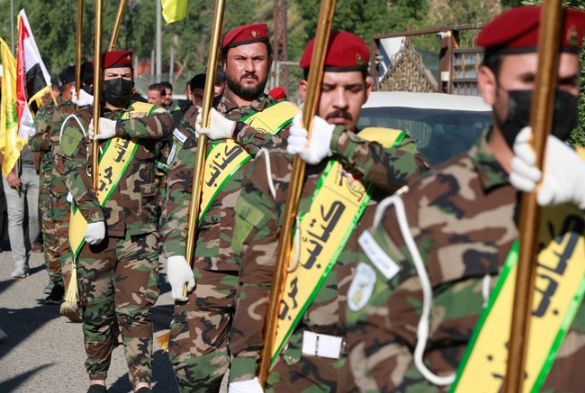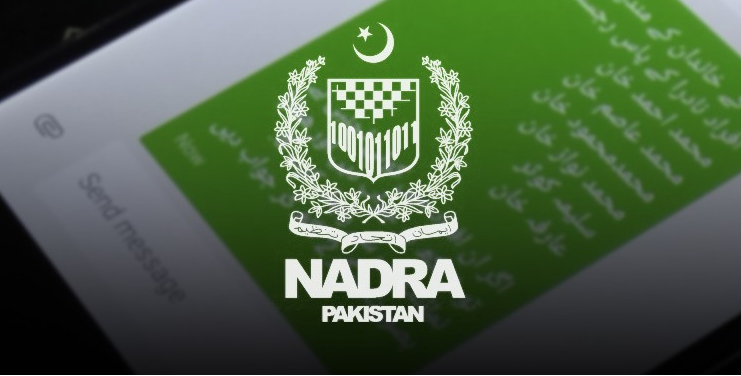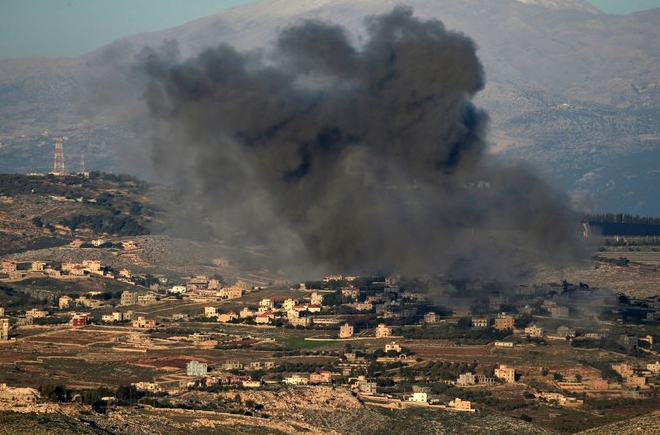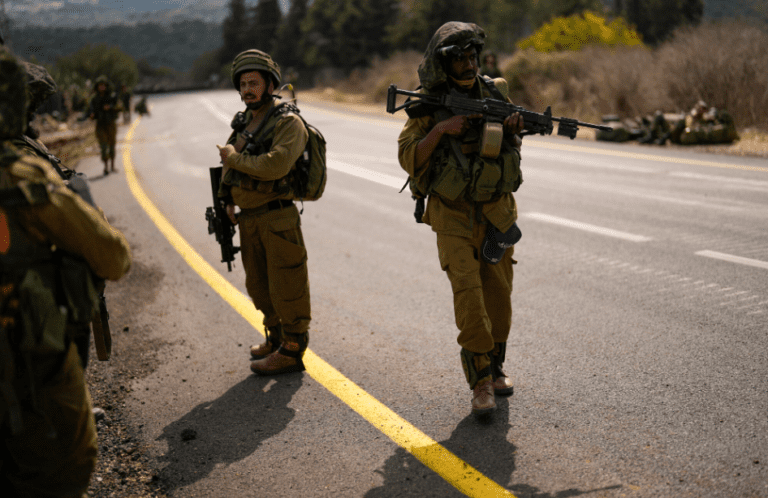Iraq’s Nujaba says it will continue attacks on US forces
Within the geopolitical landscape of the Middle East, the Iran-backed Iraqi armed group known as Nujaba issued a declaration on Friday, reaffirming its steadfast commitment to conducting offensive operations against US forces stationed in the region until the resolution of the ongoing Gaza conflict and the complete withdrawal of American troops from Iraqi soil.
This announcement follows closely on the heels of a similar declaration made by Kataib Hezbollah, another influential Iran-supported militia operating in Iraq, which announced a temporary cessation of hostilities against US forces in light of recent developments. Kataib Hezbollah’s decision was prompted by the fallout from a drone strike near the Jordan-Syria border, which resulted in the deaths of three American soldiers—an incident that the United States swiftly attributed to Iranian-backed militants.
In a public statement, Akram Al-Kaabi, the leader of Nujaba, acknowledged and respected the rationale behind Kataib Hezbollah’s tactical pause but emphasized that Nujaba, alongside other factions within the Islamic Resistance in Iraq (IRI), remains resolute in its mission to conduct operations against US military personnel. As a prominent constituent of what is often referred to as the “Axis of Resistance,” this collective of militant organizations has asserted responsibility for over 150 assaults on American forces across both Iraq and Syria since the commencement of the Gaza conflict.
Despite consistent denials of direct involvement by Iranian authorities, the Iranian government’s influence over these proxy groups remains a subject of international concern. Iraqi officials, cognizant of the potential ramifications of heightened tensions with the United States, have actively sought to mediate and de-escalate the situation.
Reports suggest that both Iraqi and Iranian officials have exerted pressure on Kataib Hezbollah to exercise restraint, fearing the prospect of retaliatory measures from Washington in response to the deaths of its soldiers.
Echoing sentiments of deterrence and self-defense, Iranian President Ebrahim Raisi underscored his nation’s commitment to avoiding conflict initiation while simultaneously affirming a robust response to any perceived aggression directed towards Iran. The heightened volatility in the region was exacerbated by the targeted killing of prominent Iranian figures, including Qassem Soleimani, commander of the elite Quds Force, and Abu Mahdi Al-Muhandis, leader of Kataib Hezbollah, in a US drone strike at Baghdad airport in 2020.
This incident occurred in the aftermath of escalating tensions fueled by accusations against Kataib Hezbollah regarding the death of an American contractor, illustrating the complex and precarious nature of the geopolitical dynamics at play.






